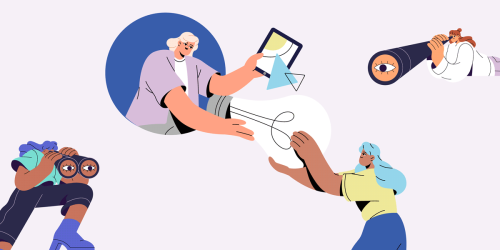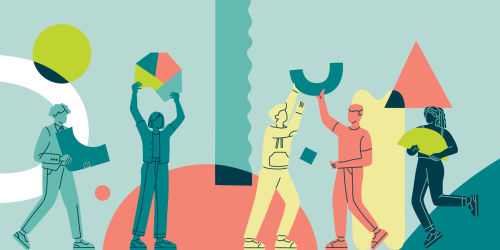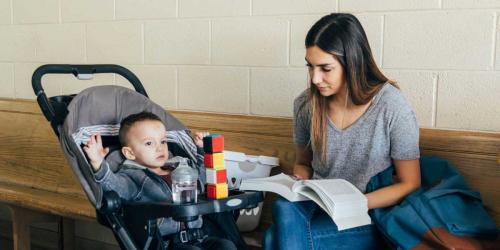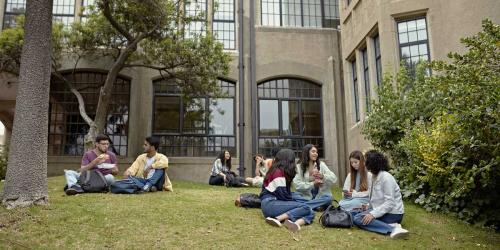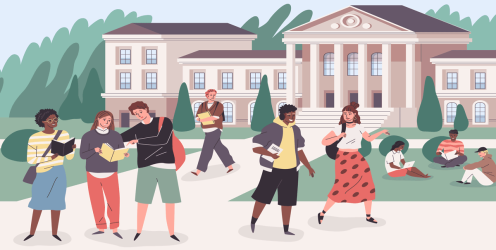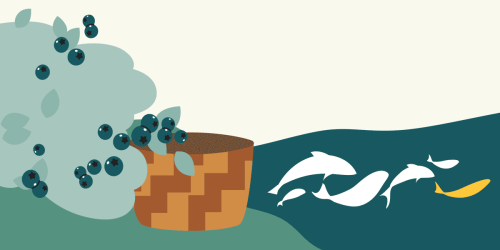Apprenticeships pave the way to high-demand, well-paying careers. Understanding the landscape can help us expand access to apprenticeship opportunities.
Archived Webinar: Learn how an Introduction to Computational Thinking course is influencing the academic achievement of high school students across Louisiana.
Using strategies in this guide, you can build a campus community that mitigates the negative impacts of trauma while promoting students’ resilience and long-term success.
This presentation featured findings from the ECMC Foundation Basic Needs Initiative second evaluation report that examined student access to basic needs services at 20 institutions supported by BNI grantees.
A growing number of professionals working on and around college campuses are using case management to support students’ basic needs. Doing that work well requires a way to capture, track, and assess multiple types of data.
Learn about the first longitudinal evaluation of a housing choice voucher program—Tacoma’s College Housing Assistance Program.
The integrated English language development model combines content and language instruction so all students, regardless of English proficiency, can access learning and meet standards.
Ten recommendations for supporting college students who are parents—plus statistics to help you advocate for systems change to scale that assistance.
Learn how to use the #RealCollege Survey to assess which basic needs services your students use, which they don’t, and why.
This brief provides strategies for making systems-level changes to promote learning and well-being among newcomer immigrant youth.
This brief provides strategies and resources to support educators in learning and implementing trauma-informed practices for newcomer immigrant youth.
This guide outlines asset-based, culturally and linguistically responsive practices for engaging young immigrants and connecting them to education and career resources.
The National Center for Education Statistics asked students if they had enough to eat and a safe place to sleep and the data shows that students across the nation are enduring food and housing insecurity.
CTE and accelerated learning courses are associated with positive outcomes for students, including high school graduation, college enrollment, and college persistence.
To address the impacts of COVID, the Washington Office of Superintendent of Public Instruction have provided resources to help implement high-quality, equity-focused, and culturally responsive education.
